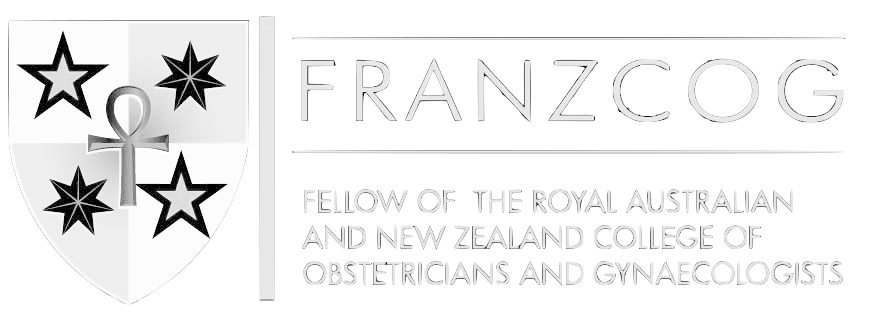Low Risk Pregnancy
Pregnancy is an exciting time for women, but complications may develop sometimes even in healthy women.
There are many health issues that can create a risk to you and your baby. A pregnancy that has no maternal or foetal complications is considered to be a low risk pregnancy.
Most pregnancy complications can easily be detected and prevented with routine prenatal care.
Management Of Low Risk Pregnancy
Dr Alexander will be assessing your pregnancy progress and determining whether you fit into the category of low risk pregnancy. Low risk pregnancy is a pregnancy that is not complicated by:
- preeclampsia,
- diabetes,
- expecting twins or other complications during your pregnancy
Women with low risk pregnancies have obviously wider choice of options, and have a better chance of achieving a natural birth. During a natural birth, you can go through labour and delivery without any pain relievers or epidural anaesthesia. There will be minimal medical interventions such as foetal monitoring and intravenous therapy.
Natural childbirth is very safe if you follow Dr Alexander’s recommendations correctly.
Steps To Promote A Healthy Pregnancy
The following are some steps that can prevent risks during pregnancy:
- Preconception appointments: It is good to consult Dr Alexander before planning to get pregnant. You can discuss your medical condition and understand your overall health and chances of pregnancy in detail during your consultation.
- Regular prenatal care: A regular prenatal visit can help Dr Alexander monitor yours and your baby’s health.
- Healthy diet: You will be advised to follow a healthy diet and take essential nutrients like folic acid, calcium and iron.
- Avoid risky substances: You are advised to quit smoking, alcohol and illegal drugs to prevent complications during pregnancy.
- Weight gain: A weight gain of approximately 8 to 12 Kg is recommended if you have had a healthy weight before pregnancy.
Nutrition During Pregnancy
Now that you are pregnant, it is important to maintain a healthy, well-balanced diet with a variety of food so that you and your baby get all the important nutrients required for normal growth, development and healing.
A diet consisting of the right balance of carbohydrates, proteins, fats, minerals, vitamins and water constitutes a healthy diet. A variety of food in recommended proportions is suggested for optimal health for you and your baby.
Some important nutrients to be included in your diet are:
- Folic acid: Folic acid prevents neural tube defects in the early stages of a developing fetus. Getting the recommended amount of folic acid alone from food may be difficult; hence, it is necessary to include folic acid supplements before and during your pregnancy.
- Calcium and Vitamin D: A growing baby has high demands for calcium and vitamin D as bones and teeth develop. You can take in calcium through food or as supplements during pregnancy. Foods with high sources of calcium, such as milk, milk products and broccoli, should be included in your regular diet. Vitamin D can be obtained from milk fortified with vitamin D and from exposure to sunlight.
- Iron: During pregnancy, your body produces more blood to carry oxygen to the growing fetus; hence, the quantity of iron required for this transfer of oxygen, needs to be increased. You should include iron-rich food such as fish, poultry, lean red meat, prunes and dried beans into your diet. Including vitamin C rich foods, such as tomatoes and citrus fruits, helps in faster absorption of iron in the body.
- Fish: Fish is a rich source of omega-3 fatty acids and an important nutrient for the development of your baby’s brain, before and after birth. Fatty fish like salmon is a good source of Vitamin D and sardines are rich in calcium. However, fish with high concentrations of mercury, such as shark and swordfish, should be limited or avoided during pregnancy, as mercury is responsible for causing birth defects and damaging the baby’s nervous system.
Consumption of alcohol and caffeine should be avoided during pregnancy.
Food To Avoid During Pregnancy
Other food to be avoided include:
- Unpasteurized milk, cheese and juices
- Raw eggs and foods that have raw eggs such as Caesar salad
- Uncooked seafood and meat
- Processed meat products
Being A Vegetarian During Pregnancy
Doctors generally do not suggest a vegetarian diet while pregnant, but if you are a vegan or vegetarian, you can continue with the same foods.
Dr Alexander may suggest protein, vitamin B12 and vitamin D supplements if you do not consume meat, eggs, milk products and seafood.







